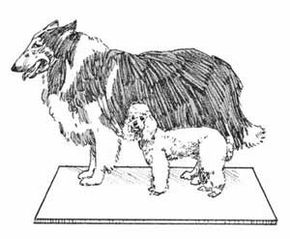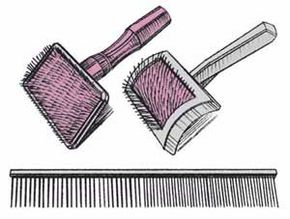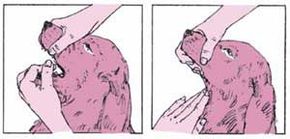Dogs are known as man's best friend for good reason: They're loyal, fun, and interesting. But dogs are complex creatures that thrive when under the care of a well-informed human being. In the following article, we offer a multitude of tips on caring for a dog.
Choosing a Dog
Once you've made the commitment to buy a dog, consider what kind of dog is going to fit into your life most satisfactorily. Ask yourself the following questions:
Advertisement
- What size dog will fit into your home? Make sure you know the ultimate size of any puppy you are buying because large dogs require space.
- Who's going to exercise the dog and take care of cleaning up after it? If your space or energy is limited, choose a dog that's a natural homebody, not an outdoors lover.
- How much dog can you feed? The cost of dog food for large dogs can overstretch an already tight budget.
- What's the temperament of the breed? This is unrelated to size. If you have children, make sure you get a dog that does well with children.
- Do you want a male or female?
- Do you want a purebred or a mutt? You'll know better what you're getting with a purebred but the cost is much higher.
- Do you want a puppy or an adult? Puppies demand a great deal of time, attention, patience, and training but they typically adjust more easily to a new household than adult dogs.
In the next section, we'll discuss four basic dog-care tasks: feeding, bathing, grooming, and exercise.
Advertisement


